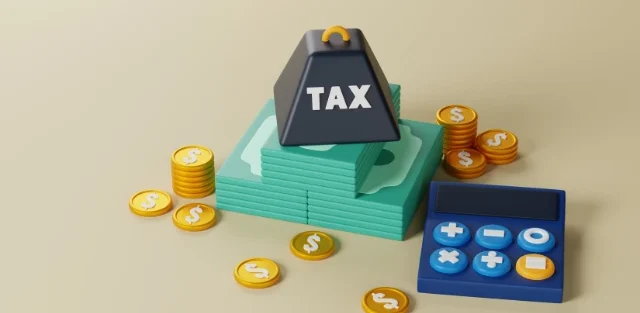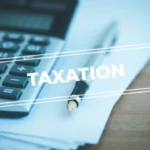For business owners in Ottawa and across Canada, navigating the intricacies of tax obligations imposed by the CRA (Canada Revenue Agency) is an essential part of staying solvent and protected. Compliance is not optional. Failure to file accurately or on time can lead to significant interest charges, penalties, and, in serious cases, triggering a full audit. The cost of non-compliance always outweighs the time spent on proper preparation.
At AI Tax Consultants, we take a proactive approach. We believe that a well-managed company is a safe company. So, here is your essential checklist designed to ensure you meet all federal and provincial tax obligations and maintain impeccable records with the CRA.
1. Corporate Income Tax (T2) Filing
The foundation of corporate compliance is the T2 corporate income tax return. First and foremost, understand the due date. While the T2 return must be filed within six months of your corporation’s fiscal year end, actual payment of taxes due is typically due two months after the fiscal year end (or three months for some Canadian-controlled private corporations). As a result, failure to file on time can result in a 5% penalty on unpaid taxes, plus 1% for each full month the return is late, compounded daily. Thus, accurate, timely filing is your most basic tax responsibility.
2. GST/HST Registration and Remittance
Because you operate in Ontario, you must register for the Harmonized Sales Tax (HST) if your business’s revenue exceeds the small supplier threshold of $30,000 in a calendar quarter or four consecutive quarters. Additionally, registration triggers ongoing tax obligations. You must collect HST on most taxable supplies and remit the net difference (HST collected minus input tax credits, or ITCs, claimed on purchases) to the CRA. In addition, you must file your HST return, usually monthly, quarterly, or annually, depending on your income. Failure to charge, collect, or remit this tax can result in hefty penalties and interest charges.
3. Payroll Source Deductions
If your Ottawa business employs staff, your tax responsibilities extend to acting as an agent for the CRA by withholding deductions at source. Specifically, this includes federal and provincial income taxes, Canada Pension Plan (CPP) contributions, and Employment Insurance (EI) premiums from employee wages. Additionally, these amounts, along with the employer’s share of CPP and EI, must be remitted to the CRA on time. Often monthly. Therefore, it is important to keep meticulous records of wages and deductions, resulting in accurate T4 slips being issued to employees and the CRA by the required deadline (the last day of February).
4. Documentation and Record Keeping
Your legal tax obligations require you to maintain comprehensive records for at least six years after the end of the previous tax year to which they relate. In essence, this means keeping all source documents, including invoices, sales receipts, expense receipts, bank statements, and logbooks (for vehicle use or home office deductions). Conversely, it is permissible to rely entirely on digital files, but they must be easily accessible and backed up. If the CRA selects your business for an audit, complete and organized records are your primary defense against reassessments and penalties.
Successfully meeting your tax obligations requires planning and professional precision. Don’t let compliance pressures distract you from growing your business.
Contact AI Tax Consultants today to ensure your corporate filings are fully completed and your business is safe and sound.
(FAQs)
1. What is the difference between the T2 filing deadline and the T2 payment deadline? The T2 Corporate Income Tax Return must be filed within six months of your corporation’s fiscal year-end. However, the payment of the tax owed is typically due earlier, either two or three months after the fiscal year-end, depending on the corporation type.
2. What is the most common Tax Obligation mistake made by small businesses regarding HST/GST? The most common mistake is failing to register for HST/GST when the business crosses the small supplier threshold of $30,000 in revenue. Once the threshold is crossed, the business has a Tax Obligation to collect and remit the sales tax, even if they have not officially registered.
3. How long do I legally need to keep my financial records for CRA Tax Obligations? You are legally required by the CRA to maintain all source documents, including invoices, receipts, and bank statements, for a minimum of six years after the end of the last tax year to which they relate. Organized records are your primary defense in the event of an audit.





